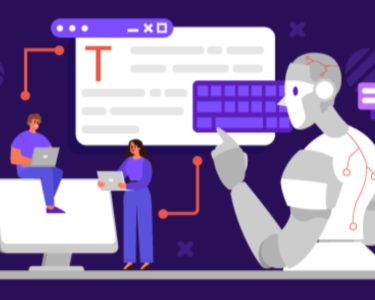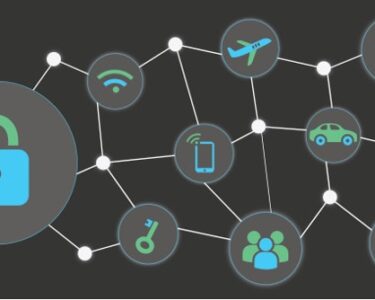
Digital Learning Communities: Fostering Collaboration and Knowledge Exchange
In today’s rapidly evolving digital landscape, learning has transcended the confines of traditional classrooms. Digital learning communities (DLCs) have emerged as transformative platforms that connect learners, educators, and professionals from diverse backgrounds, enabling them to collaborate, share knowledge, and enhance their learning experiences.
Definition of Digital Learning Communities
DLCs are virtual spaces where individuals engage in shared learning activities, supported by digital tools and technologies. They provide opportunities for:
- Collaboration and peer support
- Knowledge exchange and resource sharing
- Professional development
- Assessment and feedback
- Access to experts and industry professionals
Types of Digital Learning Communities
DLCs can take various forms, depending on their purpose and target audience:
- Subject-Specific Communities: Focus on specific academic disciplines or topics, allowing learners to connect with peers and experts in their field.
- Professional Development Communities: Designed to support educators in their ongoing professional growth, offering access to resources, webinars, and online courses.
- Open Educational Resource (OER) Communities: Share and collaborate on free and openly available educational materials, promoting access to quality education for all.
- Project-Based Learning Communities: Foster collaboration and shared learning among teams of students working on real-world projects.
Benefits of Digital Learning Communities
DLCs offer numerous benefits to learners, educators, and professionals:
- Enhanced Collaboration: Enable real-time interactions, discussions, and project work among participants from different locations.
- Knowledge Sharing and Exchange: Provide a platform for sharing insights, experiences, and best practices, fostering a collective body of knowledge.
- Peer Support and Encouragement: Create a supportive environment where learners can connect with others who share similar interests and goals.
- Access to Resources and Expertise: Expand access to educational resources, expert guidance, and industry professionals.
- Personalized Learning Experiences: Allow learners to customize their learning pathways by accessing resources and activities tailored to their individual needs.
Challenges and Best Practices
Implementing and managing DLCs effectively requires addressing certain challenges:
- Digital Literacy and Access: Ensuring that all participants have the necessary digital skills and access to technology.
- Community Engagement: Encouraging active participation and maintaining a sense of community among members.
- Moderation and Facilitation: Providing guidance and support to facilitate meaningful discussions and prevent inappropriate behaviour.
Best practices for successful DLCs include:
- Clear Goals and Objectives: Establishing well-defined goals and objectives for the community.
- Effective Communication: Utilizing diverse communication tools to foster engagement and keep members informed.
- Community Management: Appointing moderators or administrators to oversee community activities and ensure a positive learning environment.
- Feedback and Assessment: Regularly gathering feedback and assessing community activities to improve and adapt.
Conclusion
Digital learning communities are transformative platforms that empower learners, educators, and professionals to connect, collaborate, and enhance their knowledge and skills. By leveraging digital technologies, DLCs break down geographical barriers, promote knowledge exchange, and provide personalized learning experiences. As technology continues to evolve, DLCs will undoubtedly play an increasingly vital role in fostering lifelong learning and empowering individuals in the digital age.


